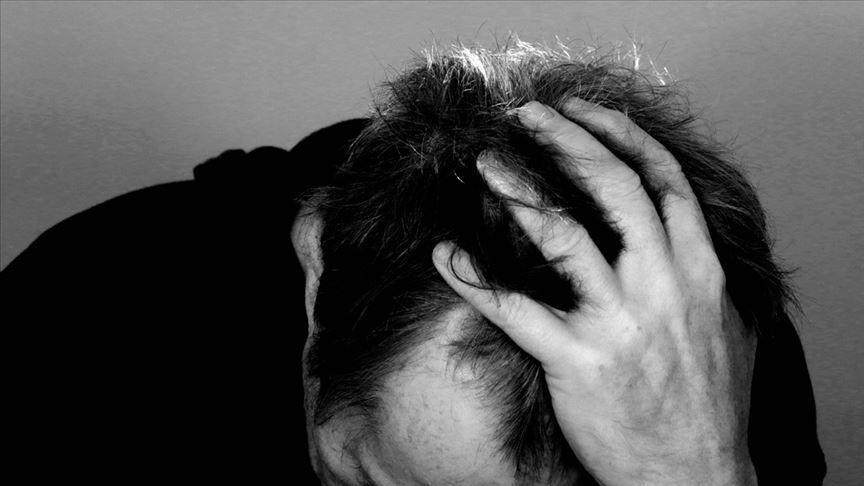Turks feel more depressed after a year of pandemic: Study
ISTANBUL

Following a year of the pandemic with anxieties and worries over COVID-19 and extended periods of lockdowns and curfews have affected more than half a million Turks who have reported a decline in their emotional and mental well-being, a global study shows.
After polling 30 countries and consulting more than 21,000 adults, Ipsos, an international consulting firm, revealed its latest report, which addressed the projections and feelings that the pandemic has left throughout the period in which the virus has been in circulation.
Nearly 61 percent of Turkish adults said that their emotional and mental health has gotten worse since the beginning of the pandemic about a year ago, according to the survey conducted for the World Economic Forum (WEF) between Feb. 19 and March 5.
Some 43 percent of Turks who responded to the survey stated that their mental health worsened over time compared to the beginning of 2021.
The findings obtained in both categories are slightly above the world average.
In 11 countries, at least half of their people have reported a decline in their emotional and mental health, including Chile and Hungary, with 56 percent, showing the largest proportions.
The rate of Turkish participants who said that their mental health had improved positively compared to last year was around 15 percent.
The findings also suggested that people across the world considered that being able to return to “normal” life was entirely dependent on containing the pandemic.
The majority of respondents in Turkey, about 44 percent, were of the view that it would take more than 12 months to return to life before the pandemic, while 26 percent of participants said it would take less than a year.
Some 24 percent of Turkish respondents were more hopeful than the rest, believing that the pandemic could be contained within six months, while only 2 percent of them were of the view that it was already contained.
















